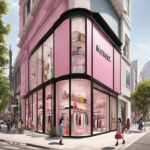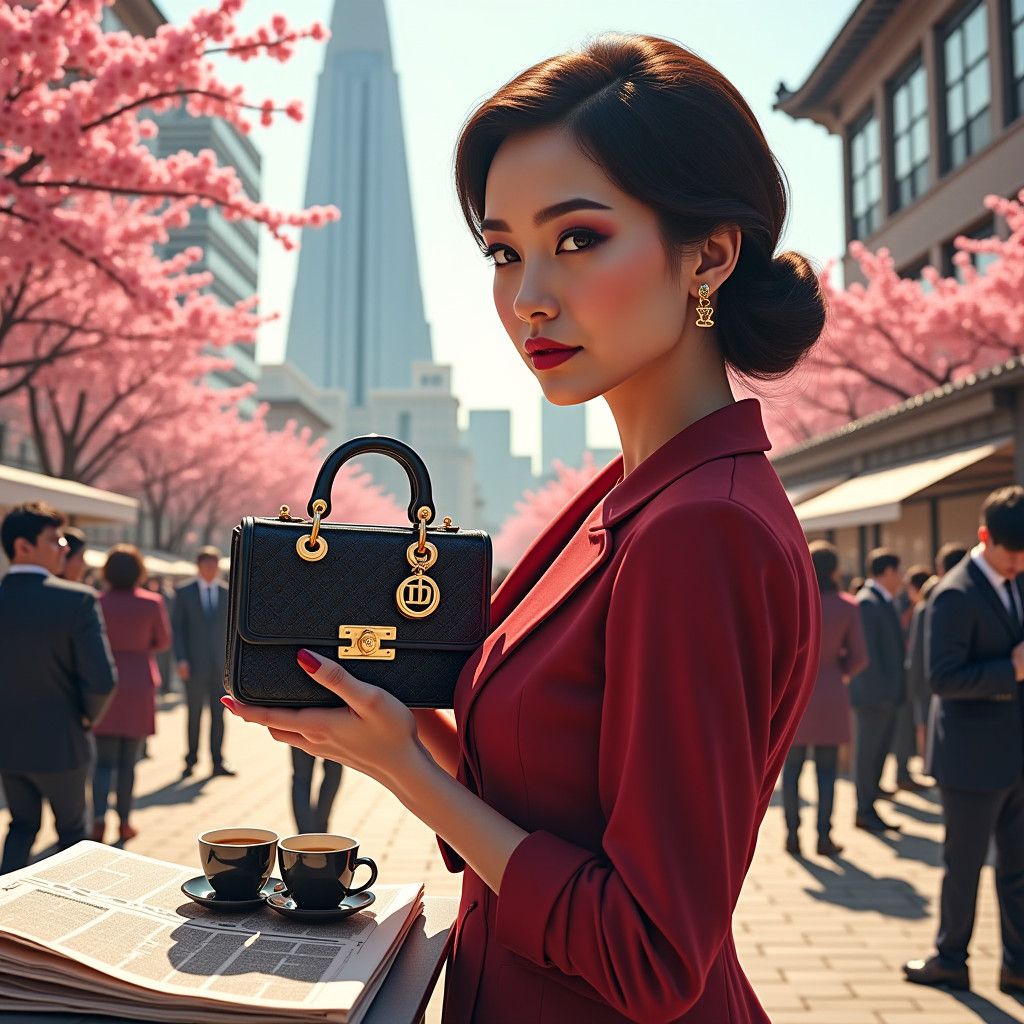In recent months, South Korean politics has faced an unexpected upheaval, stemming from an incident involving luxury fashion—a Dior handbag given to First Lady Kim Keon Hee. As the political landscape changes, it’s vital to analyze how a seemingly innocuous gift has turned into a major scandal, impacting the presidency of Yoon Suk Yeol and the broader societal implications.
South Korean President Yoon Suk Yeol finds himself in turbulent waters after his administration struggled to navigate various challenges, including recent attempts to break an impasse in parliament. Among these was a brief imposition of martial law, a move that sparked public outrage and instigated calls for impeachment. The controversy surrounding the Dior handbag, while dating back to 2022, resurfaced in 2023 and has since fueled dissent against Yoon’s administration.
One critical aspect of this uproar is the manner in which the handbag was acquired. A video surfaced showing a pastor, Choi Jae-young, allegedly presenting the expensive handbag to the First Lady. The bag, costing approximately 3 million won (around $2,250), was reportedly gifted during a visit to a planning firm, which Kim runs. The recorded interaction depicted Kim questioning why gifts like this were being presented to her, making it appear as if she believed such gestures were inappropriate.
The timing of this revelation is crucial; it came to light in November 2023, just as public trust in Yoon was beginning to falter due to other political shortcomings. The opposition parties quickly capitalized on the incident, alleging it was a form of bribery and calling for an independent investigation. Although prosecutors later cleared Kim of any criminal wrongdoing, the lingering suspicions led to continuous public outcry and served as ammunition for Yoon’s critics.
The handbag controversy also resurrected old memories of South Korea’s history with political corruption, where “pay-to-play” scandals have sadly become all too familiar. Given the nation’s turbulent political past, the incident has spurred discussions about ethics in governance, particularly regarding how public figures are perceived when interacting with luxury brands. Questions arose about whether Kim’s position as First Lady warranted a more scrutinized relationship with wealthy individuals.
The fallout from the controversy did not end with public outrage. In early December 2024, President Yoon attempted to regain control by imposing martial law, an action that led to further escalation and protests. The law was retracted merely six hours after its announcement due to significant resistance from lawmakers and the public. This series of blunders accumulated, intensifying the calls for Yoon’s impeachment and creating a climate of instability within the South Korean government.
Additionally, the Yoon administration has faced other challenges. Earlier in Kim’s public life, she had been criticized for inflating her academic credentials while applying for a position at a university. These previous controversies have cemented a narrative of distrust surrounding her and Yoon, which political rivals have not hesitated to exploit.
This instance of the Dior handbag is particularly striking because it bridges the luxury fashion industry with political discourse, revealing how material culture can influence public perception and political efficacy. The intersection of fashion, wealth, and power raises important societal questions. How do luxury items influence the image of political figures, and should they even be part of the public conversation?
While luxury brands like Dior often symbolize status and refinement, these can quickly become entangled with ethical concerns when associated with political figures. The implications are vast; this incident not only exemplifies what can transpire when fashion meets politics but also highlights the ongoing struggles of public trust and governance in South Korea.
As political analysts observe these developments, there lies an essential reminder about the optics of power and privilege. The controversy surrounding the Dior handbag illustrates how material gifts can transform into symbols of deeper issues within a society’s political framework.
In conclusion, the incident involving a simple handbag may spark much more than a fashion debate; it represents the complex relationship between luxury consumption, public trust, and political accountability. As citizens continue to question their leaders amid an evolving political landscape, it is clear that the ramifications of such controversies will be felt far beyond the realm of fashion.












